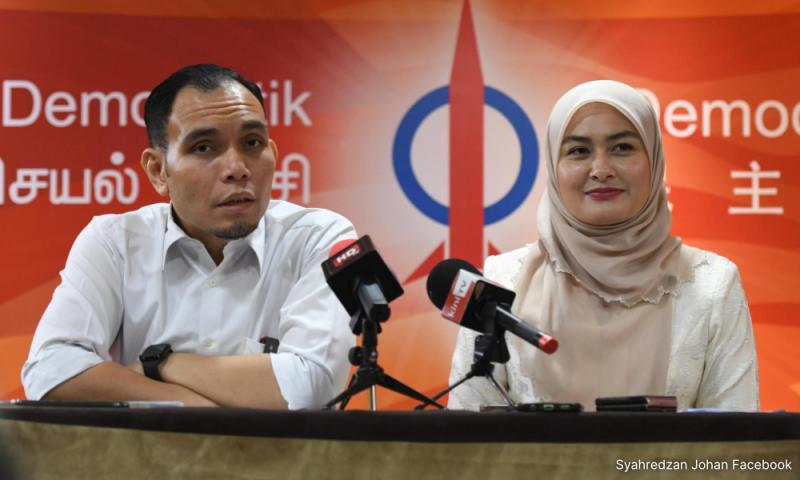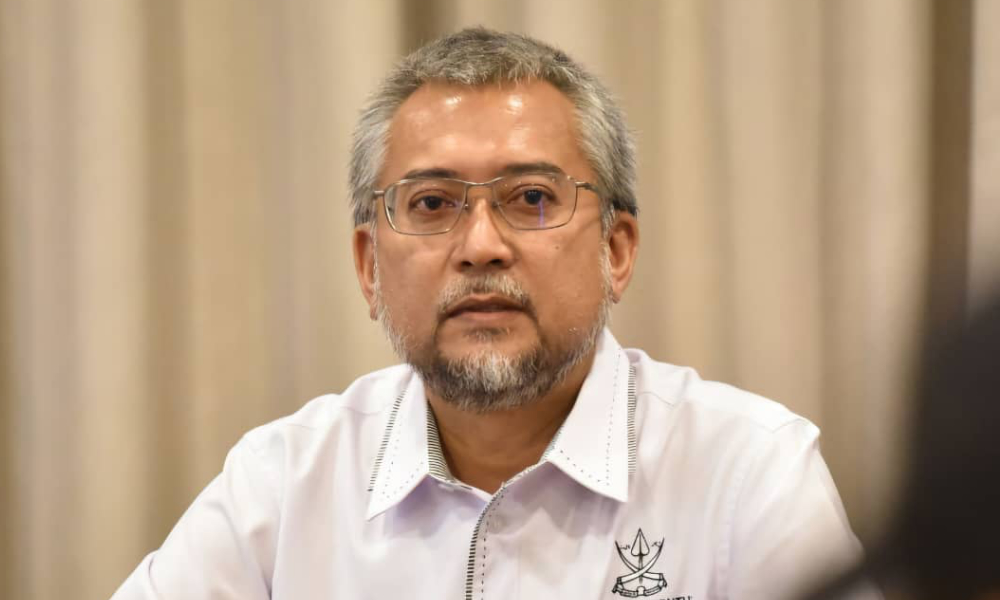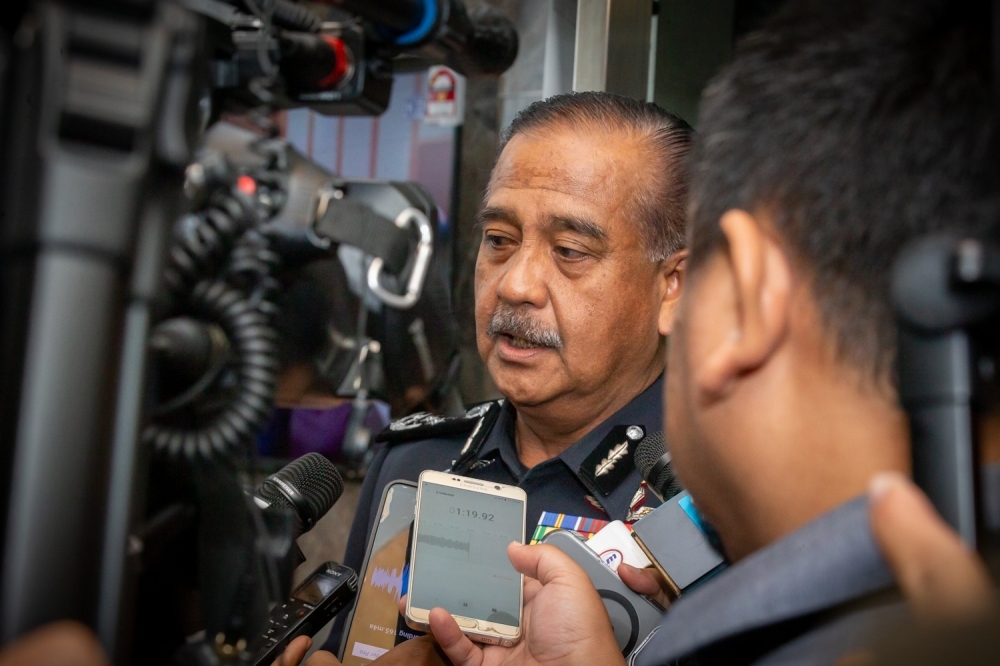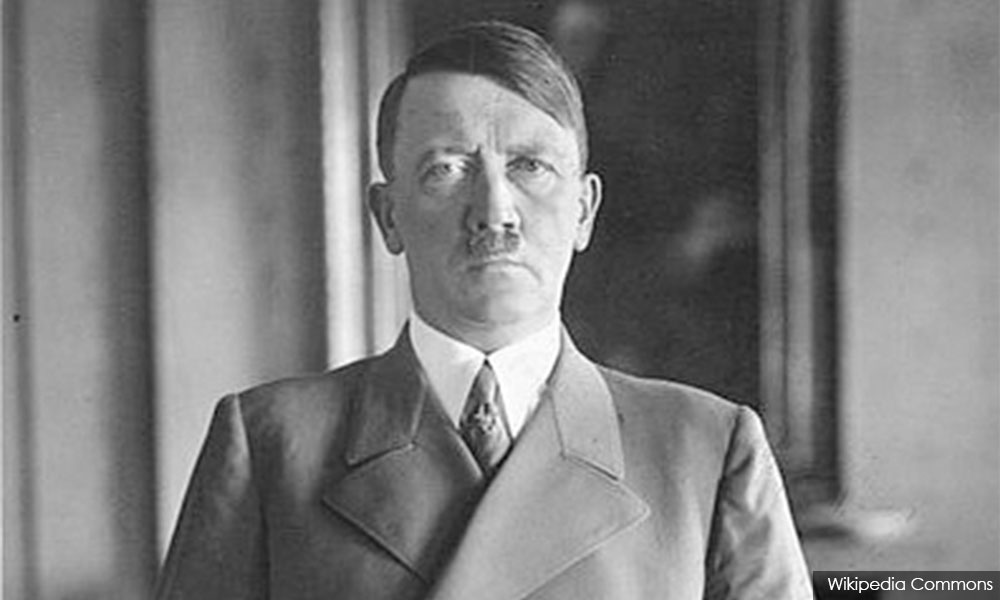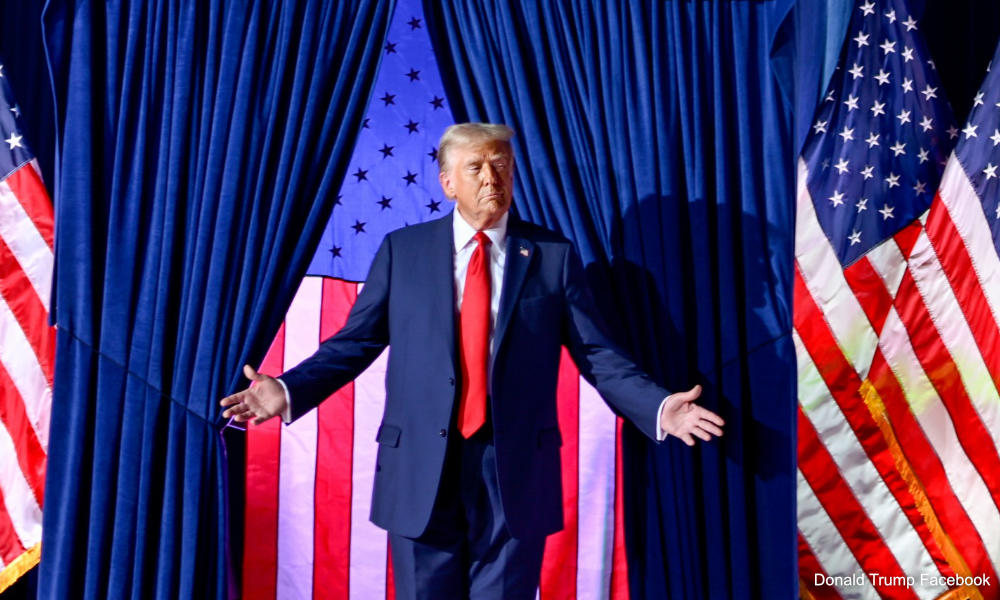Focus Malaysia:
Indonesians slam busybody Malaysians for questioning Jokowi reciting solemn prayer at Pope’s funeral
BLINKERED and dogmatic.
That is the accusation being hurled at Malaysians by their Indonesian brethren. This follows a post on X by Malaysia Problem (@Malaysia_Problm) on former Indonesian president Joko Widodo a.k.a. Jokowi’s attendance at the late Pope Francis’s funeral in Rome.
Jokowi tengah baca Al-Fatihah ke tu. Haha
Pelik pelik la orang indon ni, dari rakyat sampai ke pemimpin bodohnya tu tidak di buat buat.
In it, Malaysia Problem (@Malaysia¬_Problm) proclaimed that “Indonesians were weirdos with its leaders doing stupid things”.
Why?
Because Jokowi was filmed reciting a prayer, assumed to be the Al-Fatihah when paying his last respects to Pope Francis who breathed his last on April 21 at 88.
Like it or not, the controversial post by Malaysia Problem has amassed 9M views at the time of writing with 1.5K comments, 4K shares and 11K likes.
It even mockingly asked if Jokowi was indeed reciting the Al-Fatihah as that was not the right thing to do.
Editor’s note: The Surah Al-Fatihah, also known as “The Opening”, is the first surah (chapter) of the Quran. It is considered the most important surah in the Quran and is recited in all daily prayers.
The poster furthered his argument by quoting celebrity preacher PU Syed (@pusyedofficial) who posted a video on TikTok explaining that while attending a funeral of a non-Muslim is allowed, the recital of Quranic verses was strictly prohibited.
Reiterating his point of view, the poster quoted another netizen who spelled it out in no uncertain terms.
To agitate his brethren across the Straits of Melaka further, Malaysia Problem went on to ridicule Indonesians for the country’s secular-slant and their apparent “low IQ”.
Needless to say, the post has gone down like a lead balloon with Indonesian netizens who unsurprisingly mocked the poster and by extension, all Malaysians, of a having a blinkered outlook.
One netizen even argued that while it was the right of the poster to criticise Jokowi, it was unfair to lump all Indonesians under one umbrella.
Quite a few asked how the poster knew what the exact content of Jokowi’s prayer was.
The fact that the poster referred to Jokowi as “leader” of Indonesia was also pounced upon. Jokowi had completed his mandated 10-year tenure as president in October 2024. He was attending the late Pope’s funeral as envoy of current President Prabowo Subianto.
It was also asked what was Jokowi supposed to do if not pray? Was he expected to dance about? It was highlighted by this netizen that the late Pope Francis had constantly voiced out against the atrocities being committed in Palestine.
More than one highlighted that religion is not for the likes of the poster to dictate. One commenter sarcastically suggested that even the Almighty had “favourites”.
In the end, one netizen encapsulated the general sentiment best when he asked the poster to “mind his own business”.
It would appear this holier-than-thou attitude not only affects domestic affairs but also diplomatic relations as well.
More broadly, the action of Malaysia Problem bears semblance to the meddling in Singapore politics by two PAS leaders which has recently resulted in a top-level protest by the nation state’s fourth Prime Minister and the ruling People’s Action Party (PAP) secretary-general Lawrence Wong.
Main image credit: Antara News
















